There are particular labels used to describe Japanese people who have left Japan to migrate to another country.
Issei (一世) refers to people who were born in Japan, but have immigrated to another country. This term is especially used to refer to people in the U.S and Brazil. It’s also used to decribe the immigrants who came to the U.S. in the late 1800s and early 1900s. The issei (一世) in Brazil were mostly coffee plante laborers. Most of the laborers wanted to earn money and go right back to Japan after saving some money. For most people, this never happened. Low wages prevented people from saving enough money to even buy a ticket back home. The issei (一世) in the U.S. were sugar plant workers in Hawaii. Many had no permanent plans to stay in Hawaii, but ended up but having families and living in the U.S.; never to return to Japan.
The Nissei (二世) is a term used to describe a generation of people who were born to at least one issei (一世) parent and were born in a country other than Japan. The Nissei (二世) frequently suffer from identity crises. It’s usually refers to people who were born after WWI. When they were interned in U.S. and Canadian camps during WWII, many of the nissei (二世) were torn between their Japanese roots and their new found identity as Americans. A lot of the nissei (二世) knew how to speak Japanese and were taught by their issei (一世) parents to uphold Japanese values. However, the nissei (二世) were also taught English and American values in public schools. Many of them were torn as to where they should place their loyalty, especially after they were interned.
The Sansei (三世) is used to describe the generation of people who are born to at least one nissei (二世) parent. In many cases, the sansei (三世) were encouraged by their parents to obtain higher education. This also means that many of the sansei (三世) spoke fluent English and almost little or no Japanese. Unlike the issei (一世), the sansei (三世) typically view themselves as Americans, or Canadians with Japanese ancestry. Some have married outside of the Japanese community and have adopted Christianity as their religion. The sansei (三世) were the most vocal activists in lobbying for the U.S. government to apologize for the internment of Japanese citizens.
Nikkeijin (日系人) is a general term used to describe Japanese emigrants and their descendants. The nikkeijin (日系人) refers to the issei (一世), nissei (二世) and sansei (三世). In many cases, the Japanese government does not grant citizenships to people who are yonsei (四世) and up. If you can prove that you are a sansei (三世) or below, you may apply for citizenship. A similar term is dekasegi (出稼ぎ). Dekasegi (出稼ぎ) refers especially to Japanese Brazilians who have immigrated to Japan to find better jobs. There is considered discrimination against the dekasegi (出稼ぎ). They are not viewed as “Japanese” and are frequently considered as foreigners.
Wednesday, June 10, 2009
Subscribe to:
Post Comments (Atom)

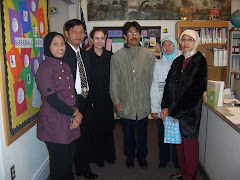

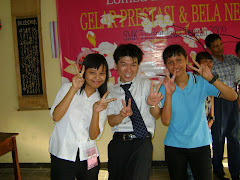
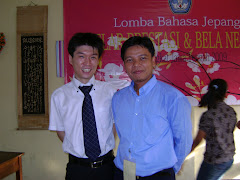
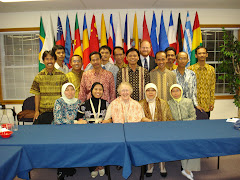

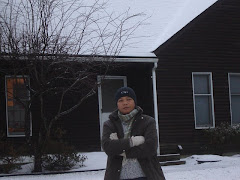
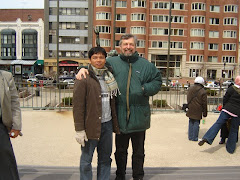
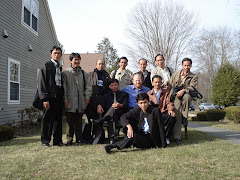




No comments:
Post a Comment